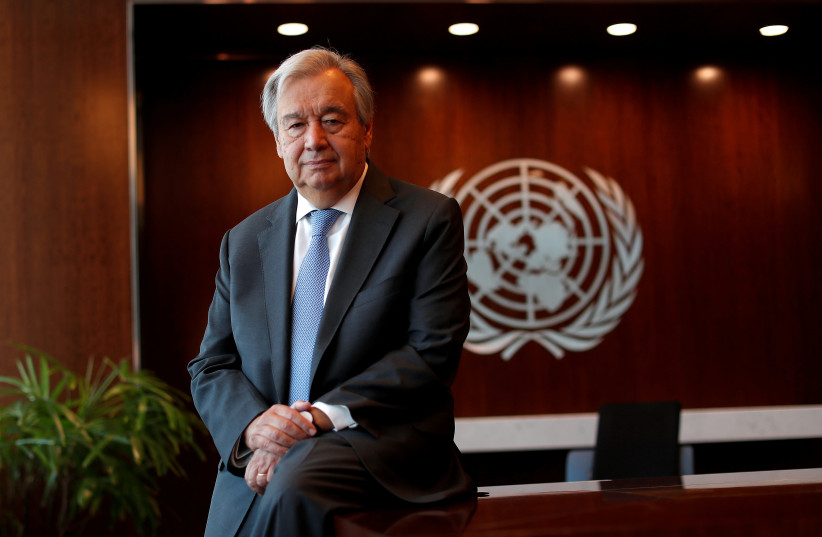Siamak Namazi, an Iranian-American businessman who has been imprisoned in Iran for nearly seven years, has been allowed out of Tehran's Evin prison on a one-week, renewable furlough, his lawyer Jared Genser told Reuters on Saturday.
United Nations spokesperson Stephane Dujarric said in a statement that Siamak's father, Baquer Namazi, is being allowed to leave Iran for medical treatment.
Baquer Namazi was convicted in Iran of "collaboration with a hostile government" in 2016 and sentenced to 10 years in prison. Iranian authorities released him on medical grounds in 2018 and closed his case in 2020, commuting his sentence to time served but effectively barring him from leaving the country.
His son, Siamak, was convicted of the same charge and has been held in Evin prison since 2015. The US government has described the charges against both as baseless.
Will his furlough bring him closer to a full release?

It was unclear if Siamak's furlough might be a step toward his full release, nor whether it signals the possible furlough or release of other US citizens detained in Iran.
"I am thrilled for the Namazi family that for the first time in seven years Siamak Namazi is sleeping at home with his family," Genser, who represents the family, told Reuters, saying Siamak was staying with his parents at their Tehran apartment.
"This is a critical first step but of course, we will not rest until the entire family is able to return to the United States and their long nightmare is finally over," Genser added.
